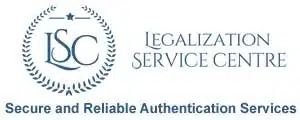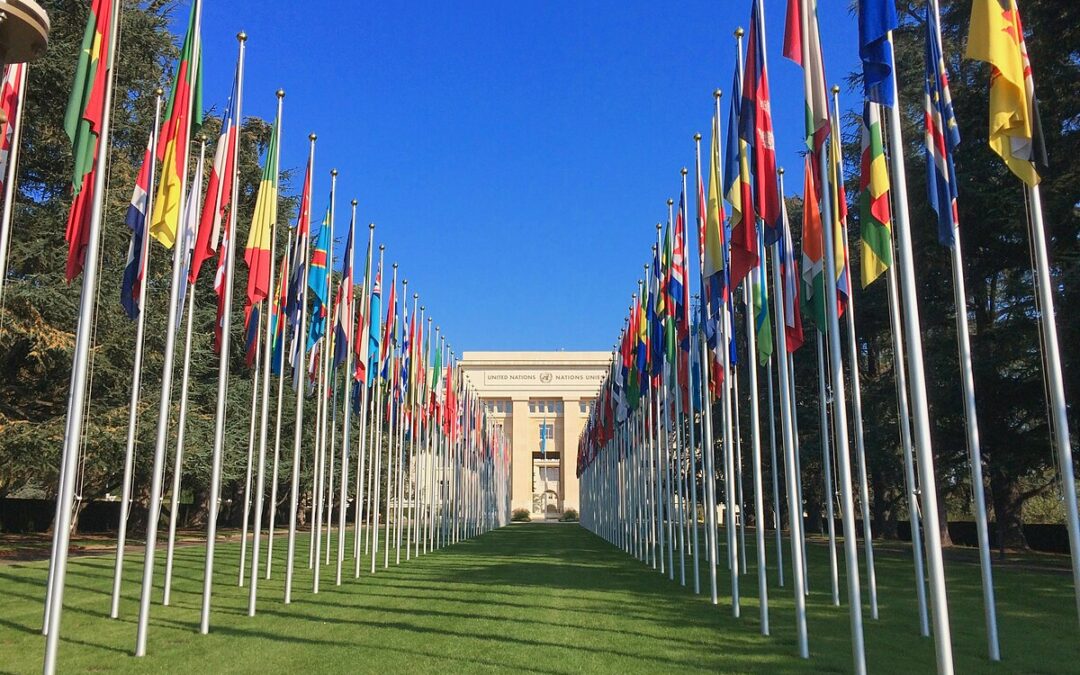The Hague Convention, formally known as the Hague Convention Abolishing the Requirement of Legalization for Foreign Public Documents, is a significant international treaty. It was established to streamline and simplify the process of authenticating foreign public documents for use in participating member countries. This convention, which came into force in 1965, has been adopted by numerous nations worldwide. The aim of the treaty is to facilitate cross-border transactions and reduce the bureaucratic hurdles associated with document verification.
However, the process for legalizing documents in non-Hague Convention countries typically involves a more traditional and potentially more complex method. Therefore, it generally includes a series of authentication and legalization steps. Additionally, it often requires notarization, verification at the state or federal level, and subsequent review by the destination country’s embassy or consulate. Each country may have its own specific requirements and procedures for document legalization, making it essential for individuals or entities to research and adhere to the guidelines provided by the relevant authorities in both their home country and the country where the documents will be used. Furthermore, while it may be more time-consuming and involve additional steps, document legalization for non-Hague Convention countries is possible.
What Countries Are Not Signatories of the Hague Convention?
There are several countries that were not signatories to the Hague Apostille Convention at the time of publishing. It’s important to note that the status of countries with regard to international treaties can change over time, so it’s advisable to consult the most recent information from a reliable source or the Hague Conference on Private International Law for the most up-to-date list. As of 2023, some countries that were not signatories to the Hague Apostille Convention included:
- United Arab Emirates
- Qatar
- Egypt
- Vietnam
- Cambodia
- Afghanistan
Legalization of Documents For Foreign Countries Not in the Hague Convention
Legalizing documents for use in countries that are not part of the Hague Convention involves a process called document authentication and legalization (also known as “apostille” for Hague Convention countries). Luckily, a reputable document authorization and legalization service like Legalization Service Centre Canada can help you through every step of the process, taking all the unnecessary stress of the process off of your shoulders. Here’s an overview of how to legalize documents for use in non-Hague Convention countries:
1. Contact the Destination Country’s Embassy or Consulate
Begin by researching and identifying the specific requirements for document legalization in the destination country. Contact the embassy or consulate of the foreign country in your home country to obtain detailed information on their legalization procedures. Alternatively, you can contact our office for information as we have developed an extensive knowledge on Embassy and Consulate’s requirements.
2. Notarization
In many cases, the documents you need to use abroad must first be notarized by a public notary or a notary public in your home country. This step ensures the authenticity of your document. Our office offers the notarization services for a wide range of Canadian documents to be used abroad. Please contact out office for more information.
3. State-Level Authentication
Depending on your home country’s regulations, you may need to have your notarized documents authenticated at the state or provincial level. This step verifies the authority of the notary who notarized your documents.
4. Legalization at the Federal Level
In some countries, you may be required to have your documents legalized at the federal or national level. This is typically done through the foreign affairs or foreign ministry department of your home country.
5. Authentication by the Destination Country’s Embassy or Consulate
Once your documents are authenticated at the federal or a state level, you will need to present them to the embassy or consulate of the destination country. They will further verify the documents’ authenticity and attach their own certification or seal.
6. Translation and Notarization (if applicable)
If the documents are in a language other than the official language of the destination country, you may need to have them translated by a certified translator. In some cases, the translations may also need to be notarized.
7. Legalization Fees and Processing Times
Be prepared to pay fees for each step of the legalization process, and inquire about processing times. It’s important to plan ahead to ensure your documents are ready when you need them.
8. Submit Documents
Follow the submission procedures provided by the destination country’s embassy or consulate. This may involve making an appointment, providing required forms, and paying fees.
9. Obtain Legalized Documents
Once the embassy or consulate has completed the legalization process, you will receive your legalized documents. Ensure that you have multiple copies, as some institutions in the destination country may require them.
10. Use the Legalized Documents Abroad
You can now use the legalized documents in the foreign country for your intended purposes, such as for international adoptions, immigration applications, business transactions, or legal matters.
Keep in mind that the specific requirements and procedures for document legalization can vary significantly from one country to another. It’s crucial to research and follow the guidelines provided by the destination country’s embassy or consulate and seek legal advice or the services of a reputable document legalization service like Legalization Service Centre Canada if necessary to ensure that your documents meet all the necessary requirements for use in non-Hague Convention countries.
How Legalization Service Centre Canada Can Help
A reputable document legalization service like Legalization Service Centre Canada can significantly simplify the complex process of legalizing documents for international use, particularly in countries that are not part of the Hague Apostille Convention. These services possess in-depth knowledge of the specific requirements and procedures for various countries, ensuring that your documents meet the necessary criteria. They can guide you through each step of the process, from notarization and authentication to obtaining endorsements from the appropriate government authorities and embassies or consulates. Document legalization services are well-versed in the intricacies of international document legalization, allowing them to streamline the process, minimize potential errors, and ensure that your documents are accepted and recognized in the destination country. Their expertise not only saves valuable time but also provides peace of mind, knowing that your documents will meet the legal and administrative requirements of the foreign jurisdiction.
Image source: Amin Eftegarie

